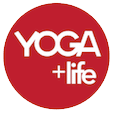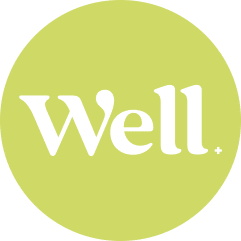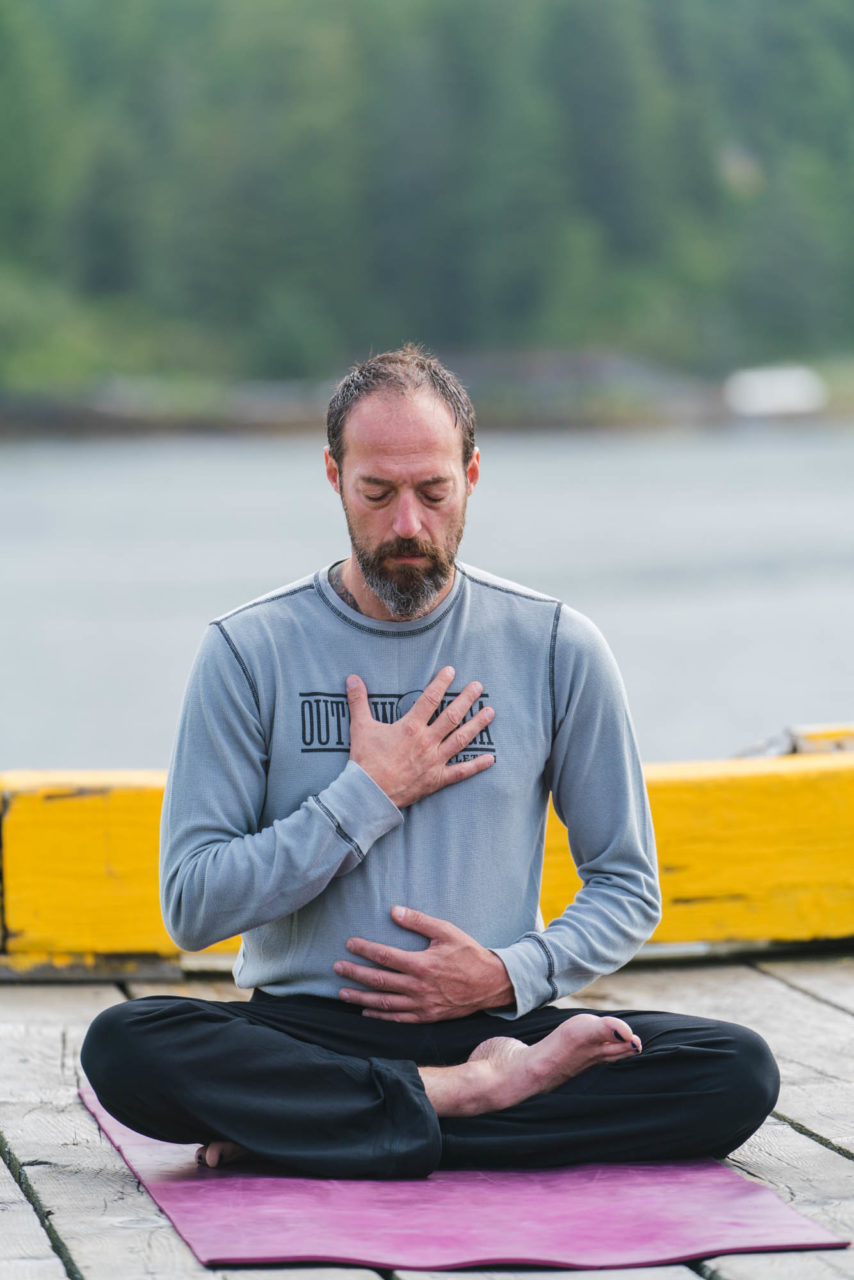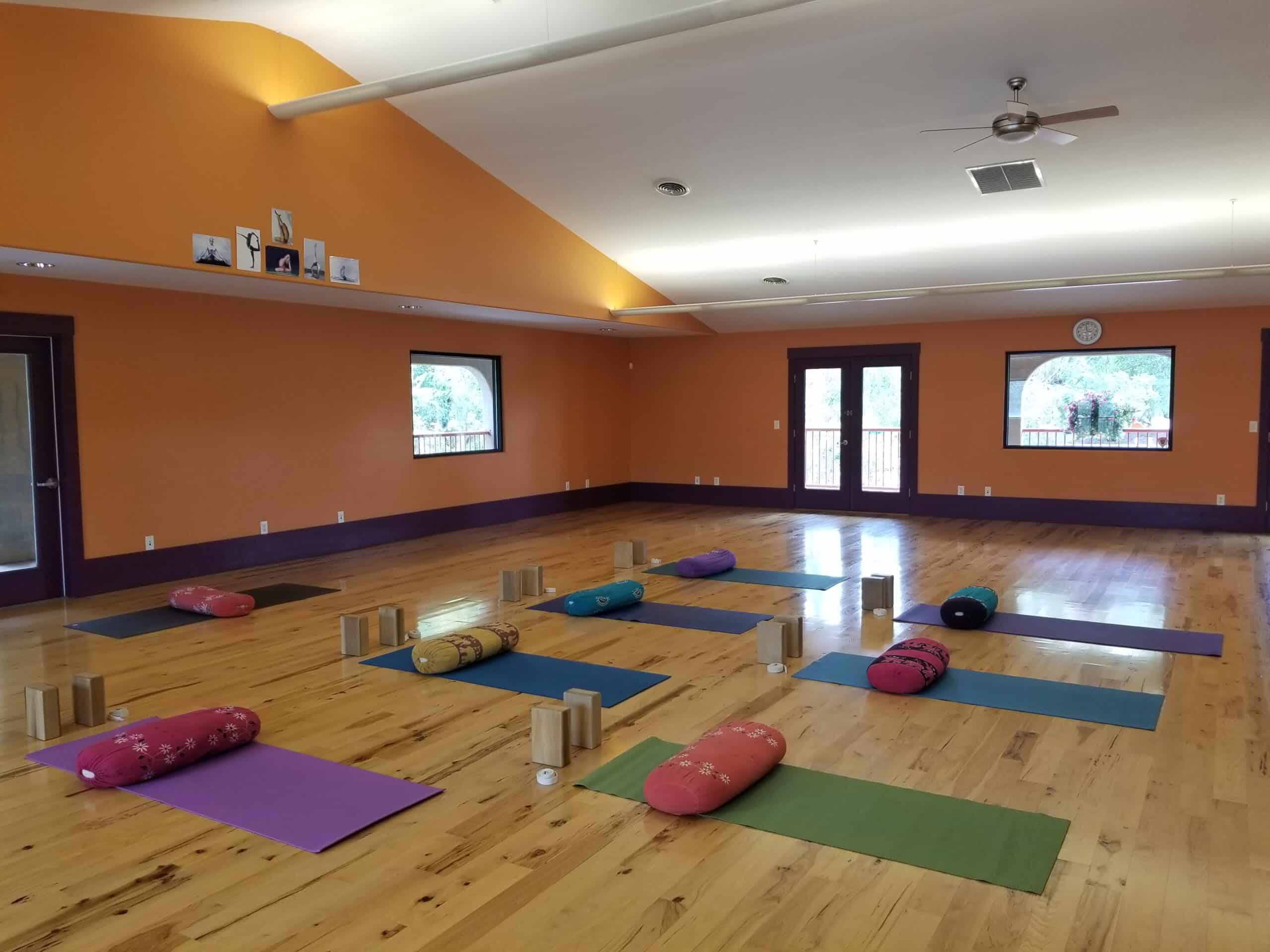How To Heal Chronic Inflammation | By Dr. Jonathan Bloch
Originally published in the Winter + Spring 2019 issue.
Inflammation is a natural process that helps your body defend itself from harm and heal from infection, illness and injury. Unfortunately, inflammation can sometimes run wild, become chronic and lead to various health problems. Fortunately, there is much you can do to reduce inflammation and improve your overall health. This article will describe the inflammatory process and provide advice for what to include or avoid for optimum daily health and enhanced ability to heal from disease.
Inflammation in the body is intended to serve as a protective response when harmful damage occurs, such as from trauma, irritants and pathogens. Inflammation involves a host of biochemical reactions that function to alert the body, eliminate the cause of injury, clear out any resultant dead or damaged tissue, and then attempt repairs.
Typically, we think of inflammation from something like an infectionor burn, a metabolic cascade increase blood flow with an influx of cells of your immune-system, which causes redness and warmth. Then blood vessels become permeable enabling the immune system to infiltrate the tissue, which causes swelling. The biochemical reactions leave tissue acidic, which causes pain and reduces one’s desire for activity.
This generic inflammatory cascade is innately wired into your genes, like a common reflex. The benefit of an easy go-to response that lacks specificity is the ability to respond to a variety of damaging agents quickly. The downfall is that it allows biochemical overreaction, hypersensitivity and even autoimmune mistakes. Thus, inflammation needs to be managed well or it can become chronic, or long term.
Chronic inflammation occurs when we (1) fail to eliminate the reason for acute inflammation, (2) develop an autoimmune disorder that mistakes healthy tissue for something pro-inflammatory or (3) have continuous exposure to low levels of irritating stimuli such as emotional stress or environmental pollutants and toxins.
Once inflammation lets the immune system in, the immune system matures and evolves antibodies as well as other cellular mediators that are now part of you, sometimes permanently, to help address inflammatory sources more effectively in the future should you re-encounter them.
Termination of the inflammatory response when it is no longer needed prevents unnecessary damage to surrounding tissues. Failure to do so results in chronic inflammationand scientists are now asking the question, “What role does chronic inflammation have in many severe and common disease states?”
Certain lifestyle factors promote chronic inflammation, like overly sedentary lifestyle, obesity, excessive stress, lack of sleep, poor diets, smoking, etc. Environmental factors also promote it, from genetically modified organisms to processed food, antibiotics in our healthcare and food, radiation, metal exposure, environmental pollutants, constant traffic, lack of clean food and pure water, long work hours, etc.
Last year we saw a decrease in life expectancy for the first time in history, while at the same time we have rising incidences of disorders ranging from heart disease and atherosclerosis to depression, cancer, celiac, inflammatory bowel, gluten sensitivity, early aging, hair loss, rosacea, arthritis, diabetes, chronic pain, fibromyalgia, microbiome imbalances, leaky gut, etc. It is safe to say that despite modern medical advances, we are afflicted with more chronically driven inflammatory illnesses, hypersensitivity and autoimmunity disease than ever before.
Despite modern medical advances, we are afflicted with more chronically driven inflammatory illnesses, hypersensitivity and autoimmunity disease than ever before.
Fortunately, many health practitioners are discovering ways to deliver better anti-inflammatory advice, diets and lifestyles for chronic sufferers:
1. Eat healthy
2. Supplement
3. Exercise
4. Relax and decompress
The most anti-inflammatory types of foods include kale, pineapple, mushrooms, broccoli, green foods, seaweed, blueberries, cherries, strawberries, blackberries, raspberries, avocado, green tea, some beer, some wine, some coffee, dark yellow or green leafy vegetables, peppers, grapes, virgin pressed olive oil, coconut oil, dark chocolate and cocoa, tomatoes, walnuts, almonds, sauerkraut, whole grains, spices, herbs, garlic, ginger, turmeric, bone broth, wild salmon and other fatty fish like sardines or anchovies.
The most inflammatory types of foods have sugar, high-fructose corn syrup, processed and red meats, organ meat, processed snacks, packaged foods, unhealthy fats, trans fats, vegetable oil, soybean oil, corn oils, fried food, red meat, excessive alcohol, high-energy beverages, refined grains and carbohydrates such as white bread and pasta are the most inflammatory types of foods.
Hydration (ie. drinking water) is the most effective natural strategy to detox and dilute pollutants, and aid their breakdown and elimination. Hydrating heavily in the morning by drinking 32 or more ounces of water before consuming your first meal will help flush out your body and get it primed for the day. Water should be purified and free of contaminants such as chlorine, fluoride and heavy metals, etc. I recommend reverse osmosis water and adding natural Himalayan pink salt to provide proper electrolytes.
Popular anti-inflammatory supplements include fish oil, curcumin or turmeric, Omega-3 fatty acids, vitamin D3, glutathione & glutathione boosting agents, devil’s claw, cat’s claw, mangosteen, frankincense, willow bark, hyssop, ginger and cannabis.
Regular movement and exercise is essential to healthy bones, muscles, organs, circulation and the anti-inflammatory process. 20 minutes of regular exercise daily is shown to calm the immune system ongoing. Muscle movement also acts like hydraulic pumping to push inflammation out of our tissues. Yoga is great for this — Twists in general are great for wringing out body tissues.
Reduce stress and improve sleep. This is how the body heals and takes stress off its immune system. Also, when you’re stressed out, you’re also producing the hormone cortisol, inflammation’s BF. Restorative yoga and meditation work to soothe the nervous system and promote calm healing throughout body and mind, making them some of the best go-to activities for inflammation prevention and relief.
 Dr. Jonathan Bloch is a full spectrum integrated family practitioner and osteopathic physician with a mission is to inspire personal health through mind, body and spiritual practices. You can learn more about him and his practice at www.yogischoicehealthcare.com.
Dr. Jonathan Bloch is a full spectrum integrated family practitioner and osteopathic physician with a mission is to inspire personal health through mind, body and spiritual practices. You can learn more about him and his practice at www.yogischoicehealthcare.com.The perfect set to start, or complete, a home gym! Two medium-density foam rollers, a specialized hand and [...]

Subscribe to Our Tribe
Stay up to date with Y+L News, Events and special announcements.










